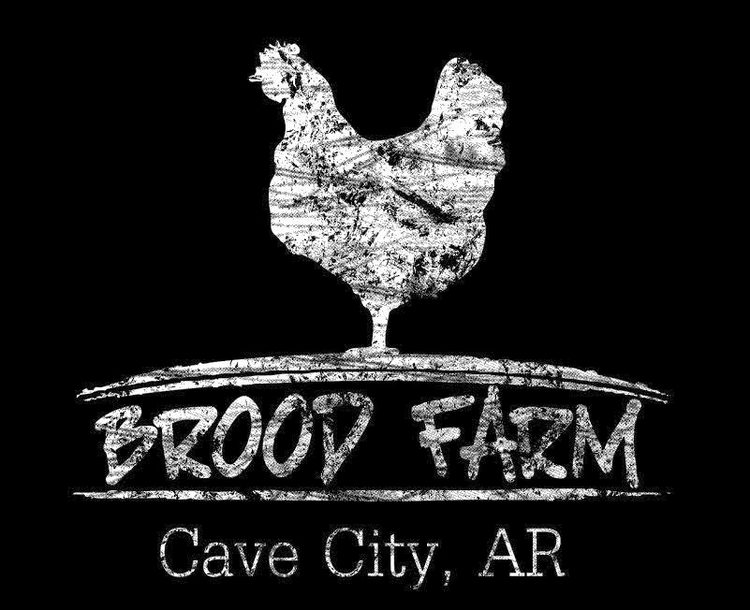I'm currently reading Tamar Adler's captivating An Everlasting Meal: Cooking with Economy and Grace. It's full of wonderful nuggets, but this one is worth sharing:
"Of all the people who have had opinions about whether eating meat is an evolutionary inevitability or an ontological crime, none is so right as Hugh Fearnley-Whittingstall, who wrote a very big, comprehensive book called The River Cottage Meat Book.
"He starts it by answering the question all of us who write recipes for meat should: 'It seems obvious to me that the morality of meat eating lies in the factual details of our relationships with the animals we kill for food. It is what we do to them that counts.'
"It is.
"I've looked at animals raised amid the roiled and rich chaos of sun and dirt and barnyard. I've watched exchanges on farms where things are slow and sensible: between pig and pig, pig and soil, soil and sky. I've watched children care for animals and learn a little bit about transience and wildness from it. I've also peeked over the high walls of the factory farms behind which most meat is raised and seen how beastly we can be to the animals we eat.
"What we do to animals counts."
I couldn't agree more. This is really what's behind our backyard broilers. When we eat our chicken, we know how those chickens spent their days and that they were treated well, enjoyed their days in the sun, and were killed in the most humane way we know of.
"Of all the people who have had opinions about whether eating meat is an evolutionary inevitability or an ontological crime, none is so right as Hugh Fearnley-Whittingstall, who wrote a very big, comprehensive book called The River Cottage Meat Book.
"He starts it by answering the question all of us who write recipes for meat should: 'It seems obvious to me that the morality of meat eating lies in the factual details of our relationships with the animals we kill for food. It is what we do to them that counts.'
"It is.
"I've looked at animals raised amid the roiled and rich chaos of sun and dirt and barnyard. I've watched exchanges on farms where things are slow and sensible: between pig and pig, pig and soil, soil and sky. I've watched children care for animals and learn a little bit about transience and wildness from it. I've also peeked over the high walls of the factory farms behind which most meat is raised and seen how beastly we can be to the animals we eat.
"What we do to animals counts."
I couldn't agree more. This is really what's behind our backyard broilers. When we eat our chicken, we know how those chickens spent their days and that they were treated well, enjoyed their days in the sun, and were killed in the most humane way we know of.
